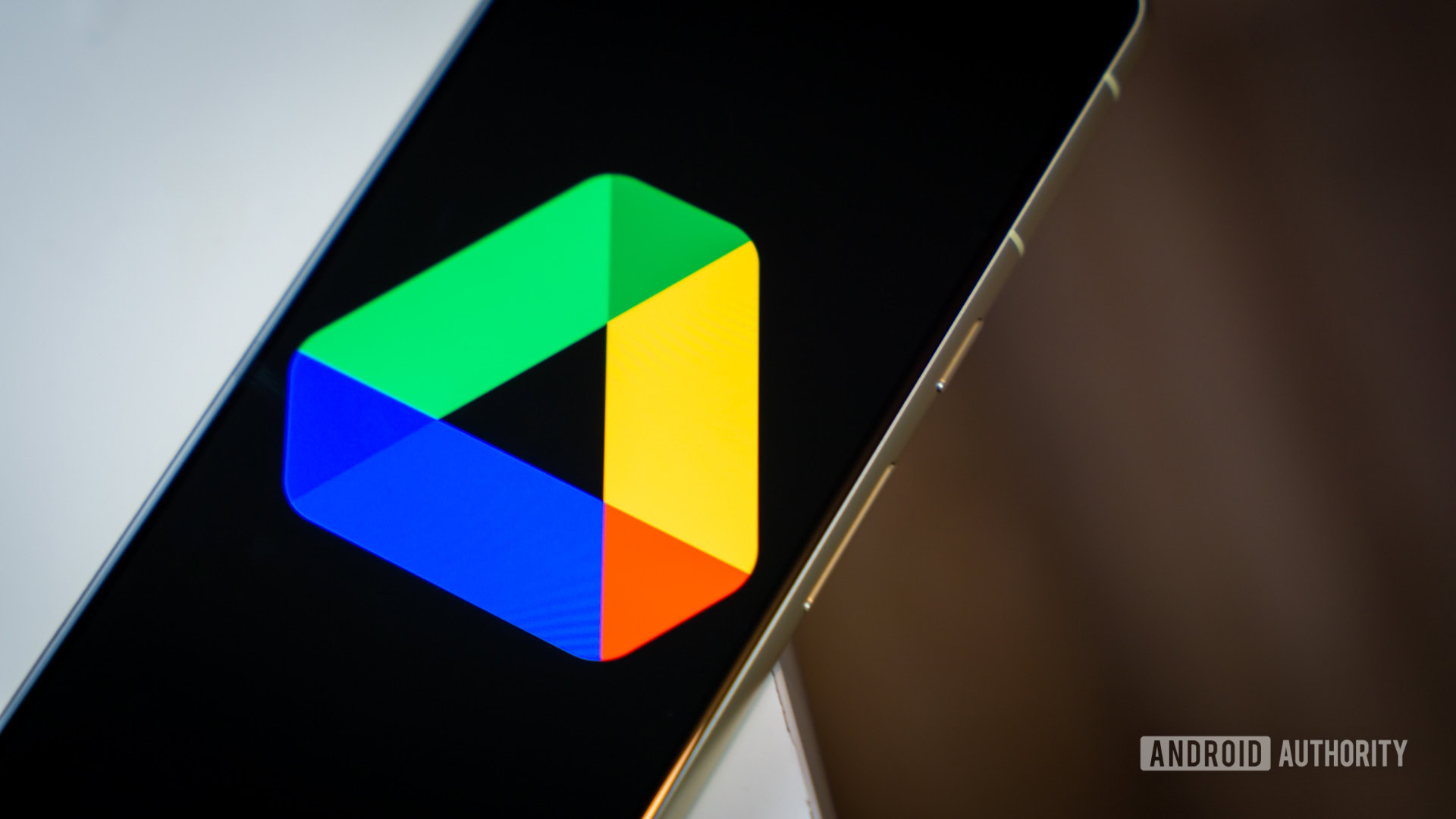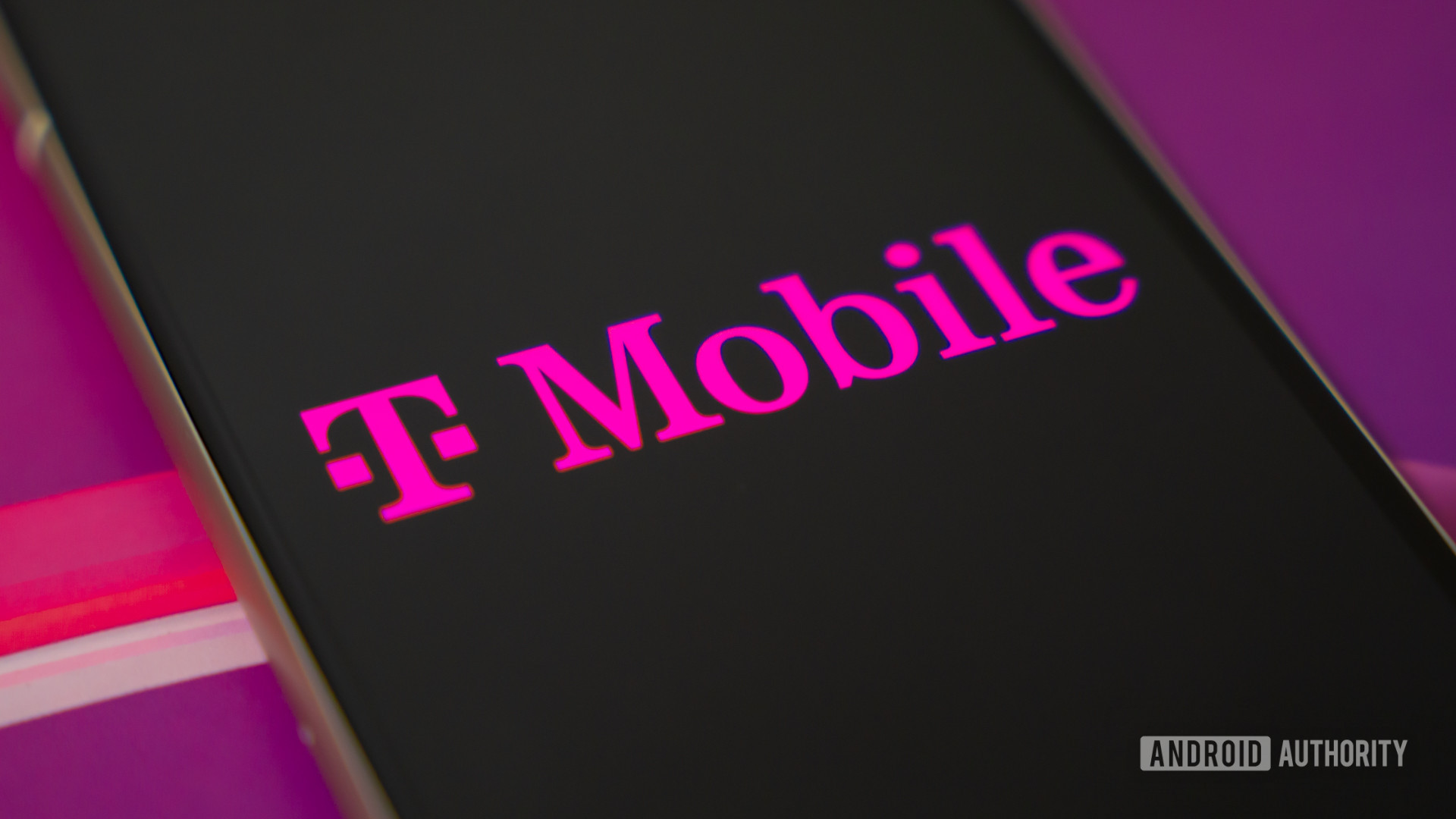News Weekly: First look at RCS on iPhone, YouTube cracks down on VPN hacks, Android 15, and more

News Weekly is our column where we highlight and summarize some of the week’s top stories so you can catch up on the latest tech news.
This is Android Central’s News Weekly, your go-to source for a concise roundup of the week’s most significant tech stories. This is where we delve into the top headlines that provide the latest developments and innovations contributing to the digital landscape.
This week saw the first look at RCS messaging on the iPhone, YouTube is tightening its reigns on Premium subscriptions via VPN, Android 15’s Beta 3 launches, Motorola teases its upcoming foldables, and Spotify introduces a new basic plan.
Apple finally teases RCS messaging
RCS comes to iPhone.h/t https://t.co/X2mRxhGcr1 pic.twitter.com/LL4ATIWDzaJune 16, 2024
Read more here.
RCS was barely mentioned at Apple’s WWDC; however, days later, we saw a glimpse of the messaging feature with the iOS 18 beta.
X user Dhinak spotted this and posted a lengthy thread breaking down its availability and present features. The first look shows that green bubbles are still used to identify texts from Android users despite RCS—as expected. Apparently, Android users can send RCS messages to iPhone users in individual and group chats. Additionally, the X user states that higher-quality audio files, photos, and other forms of media can be shared via these chats.
However, it appears Apple has a lot of work to do when it comes to RCS. Firstly, there is a lack of E2EE (end-to-end encryption) in group chats, something that was implemented in Android last year. Emoji reactions continue to be an iPhone user thing, as only they get to see a “proper” reaction to messages. If an iMessage user reacts to an Android user’s message, the green bubble user will receive a new message saying “Liked,” followed by their text in quotes.
Replying to a specific message continues to be a challenge for both Android and Apple users, as they don’t have the option to do so. Another thing to note is that RCS is limited to iPhones on T-Mobile and AT&T networks at the moment.
YouTube cracks down on premium subscription loopholes
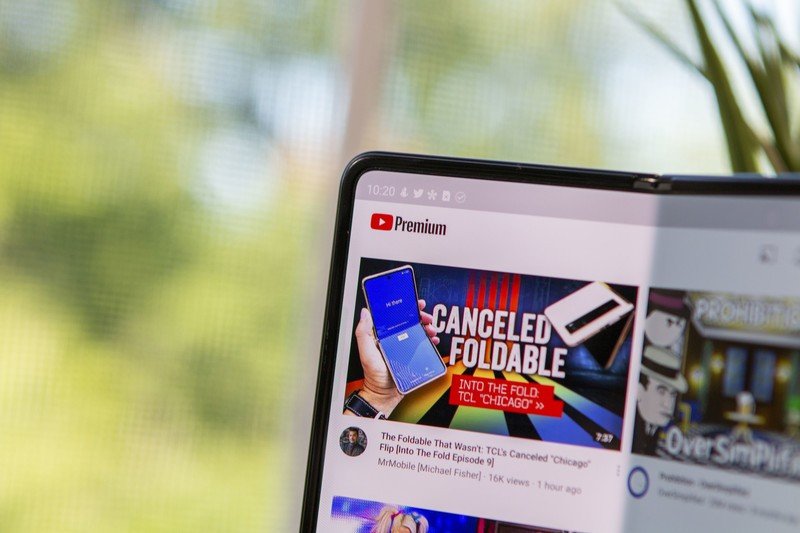
Read more here.
YouTubers worldwide received surprise cancellations of their Premium subscription last week, as the company seems to be going after people who find ways to get cheaper premium rates in their region. A recent thread on Reddit highlighted that these cancellations were linked to users resorting to VPN services in order to score cheaper rates by taking advantage of regional pricing loopholes.
To illustrate the price difference, a Premium subscription costs Rs.129 ($1.54) per month in India, whereas it normally costs $13.99 in the US. Some use YouTube Premium for a fraction of the cost in their home market. Although the subscription worked fine after the initial VPN trick, Google seems to be aware of this loophole and is going after these users.
In response, Google indirectly confirmed to Android Central that it’s tightening its reigns and that “to provide the most accurate plans and offers available, we have systems in place to determine the country of our users,” the spokesperson said. “In instances where the signup country does not match where the user is accessing YouTube, we’re asking members to update their billing information to their current country of residence.”
Android 15 Beta 3 is here
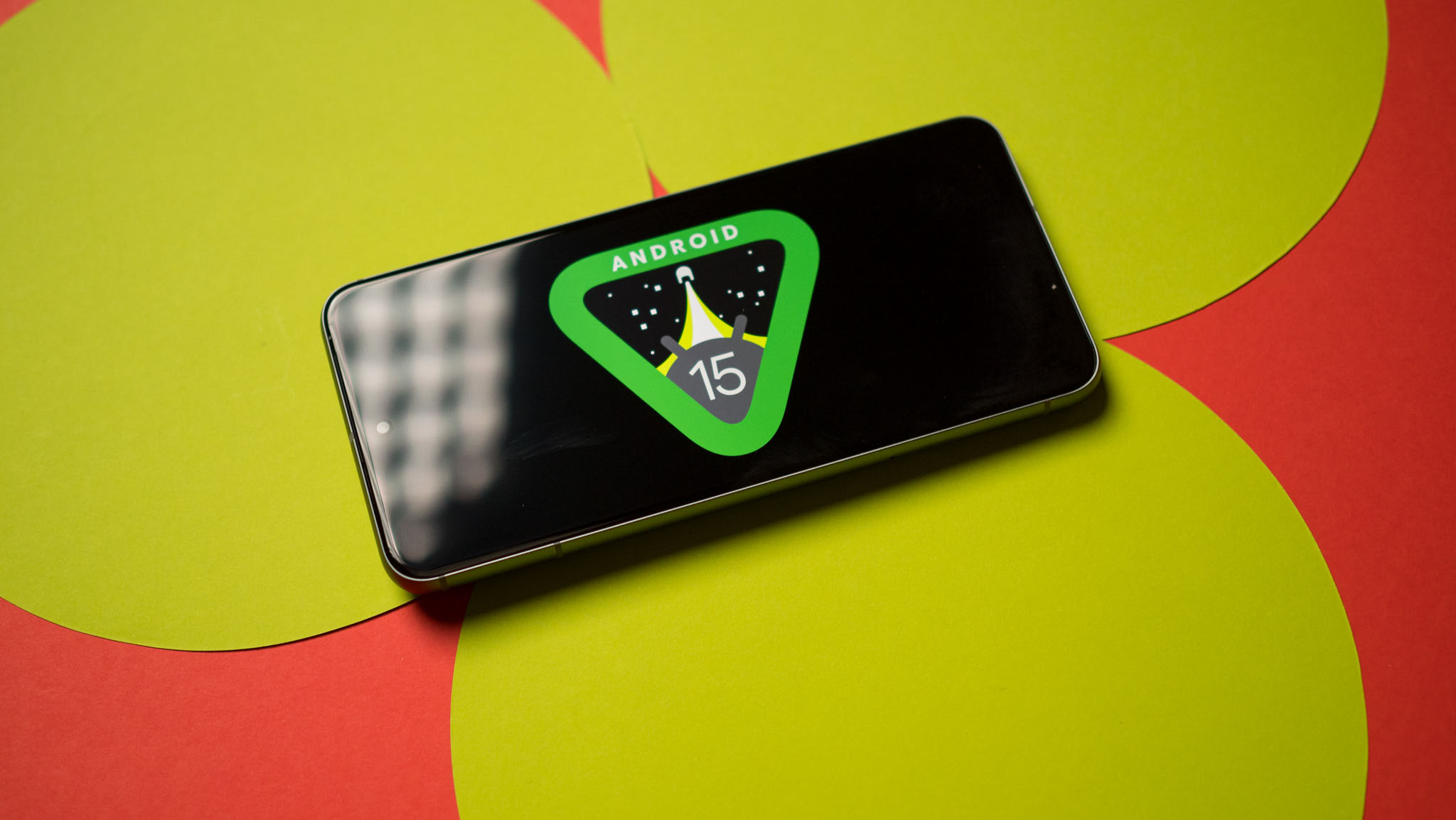
Read more here.
Google rolled out Android 15 Beta 3 on June 18, and with it comes “Platform Stability” and improvements to passkeys and the Credential Manager. Google is now allowing enrolled testers to have single-step sign-in capabilities through biometrics like facial recognition, fingerprint, or screen lock. Previously, users were given two sub-menus: one asking about a “saved passkey” and another for their biometrics. Users will now see one unified sub-menu detailing the service they’re signing into, a prompt for their fingerprint, or the option to use a PIN.
Android 15 Beta 3 wants app developers to prepare their products, libraries, tools, and game engines for Android 15. Google hopes this will prepare their apps for the new “FLAG_STOPPED” changes that ensure apps don’t run until a user’s manual input is detected. Support for 16KB pages, predictive back animations, and support for Private Spaces are items to keep an eye out for.
Android 15 Beta 3 is rolling out now to all enrolled testers and supported devices. Those with a Pixel phone can check the devices that are eligible for testing and get started.
We’re flipping excited about the Motorola Razr 2024 launch
Psst! Some flip-worthy news is coming… pic.twitter.com/NioPU69hLQJune 17, 2024
Read more here.
Motorola posted a tease for its new foldables launch this week, which will hit the U.S. market on June 25.
The video gives us a quick look at the Razr devices that will feature orange and blue colorways. It also looks like a vegan leather backing is expected on the devices. The teaser continues, briefly showing several more colorways for its 2024 Razr phones, such as pink and maybe a coffee-brown option.
It should be noted that Motorola put its higher-priced Razr Plus on the shelves before the cheaper Motorola Razr 2023 hit the market later in the year. It’s unclear if the company will follow the same trend again this year or if consumers can grab both devices simultaneously.
Some leaks suggest that Motorola is upgrading its new foldables with a bigger cover screen. It is boosting the Razr Plus 2024 to 4 inches and giving its base model a larger 3.6-inch cover, the latter of which is the same size as the cover display on the 2023 Razr Plus.
Spotify is bringing a basic plan with a new Family tier
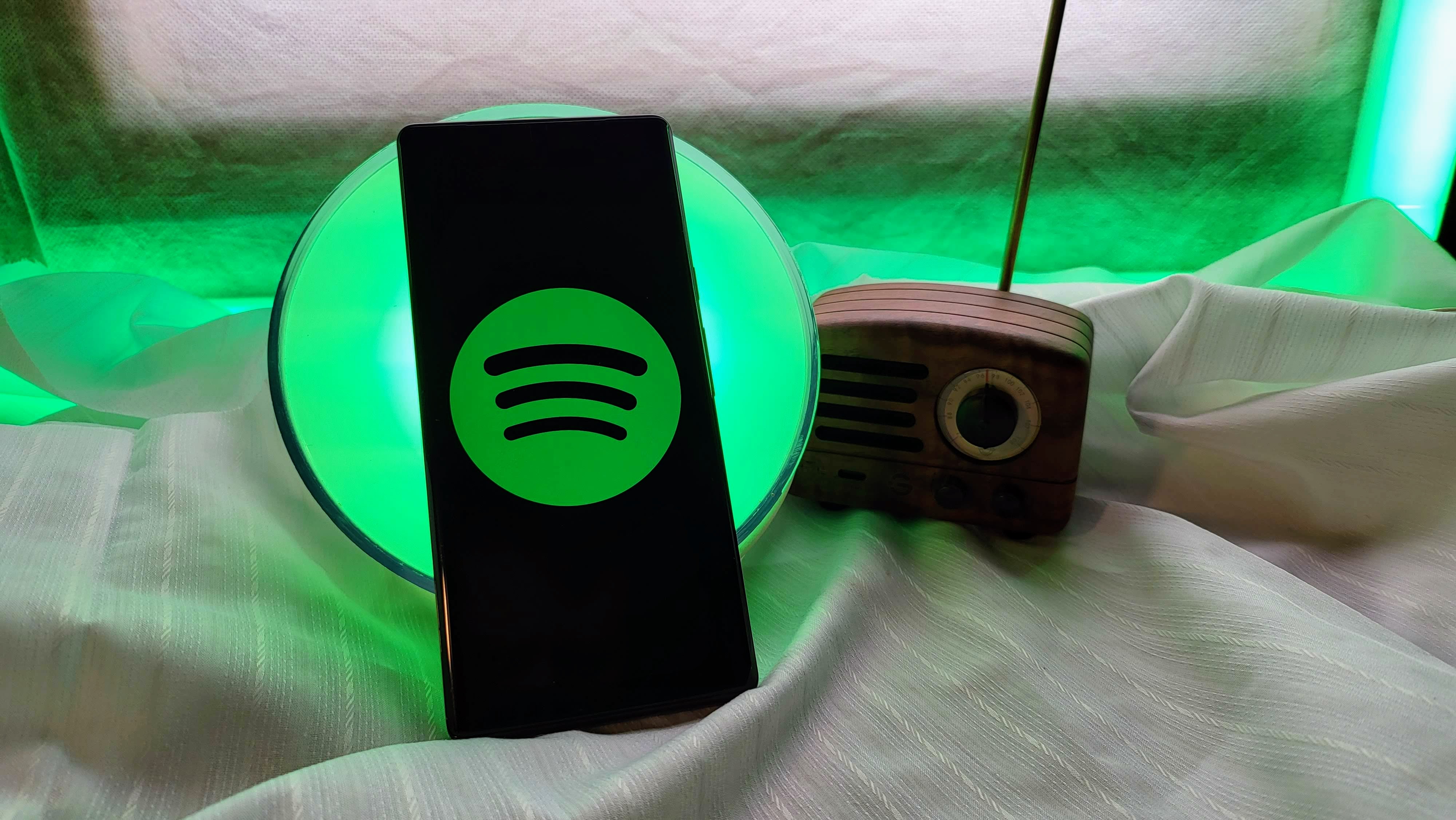
Read more here.
Spotify users in the U.S. can now subscribe to a new Basic plan that offers all the benefits of a Premium plan without audiobook listening time. The streaming platform recently hiked its Premium individual plan from $10.99 to $11.99 monthly. However, it has launched a new basic plan for $10.99, but it comes with some limitations.
“Enjoy the music streaming benefits of your Premium plan without the monthly audiobook listening time. Starting at $10.99/month for eligible users,” Spotify notes in the announcement post.
It is important to note that users can’t “directly sign up for the new plan” through Spotify’s website but can downgrade to the new plan, provided they are already existing individual plan users. Spotify still has the $9.99 per month plan that gives the user access to Audiobooks wiith15 hours of audiobook listening time.
The Basic Family plan costs $16.99 per month, which, for some reason, isn’t mentioned in the post but is visible for Spotify subscribers.
Those are some of the biggest stories from this week. Meanwhile, here are some other stories that are worth catching up on:


